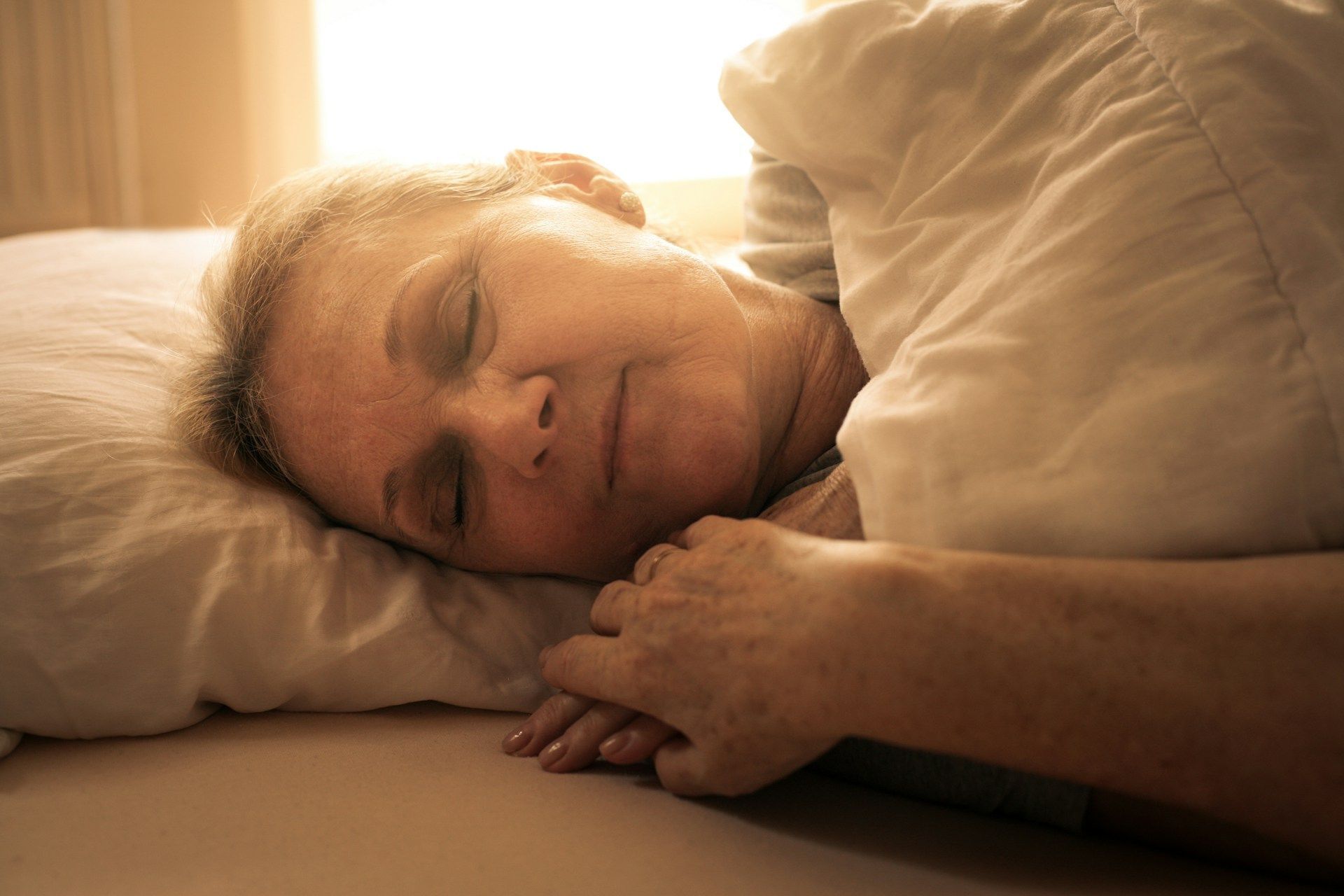Combat Insomnia with Dental Sleep Medicine Expertise and Treatment

Insomnia, a common sleep disorder characterized by difficulty falling or staying asleep, affects millions of people worldwide and can significantly impact overall quality of life, daytime productivity, and mental and physical health. Various factors can contribute to insomnia, including stress, anxiety, medical conditions, and lifestyle habits. However, dental sleep issues such as sleep apnea, teeth grinding, and snoring can also play a significant role in the development or exacerbation of insomnia. As such, understanding the potential connection between dental sleep issues and insomnia is vital in seeking appropriate treatment and achieving better sleep.
Based in Harrisburg, Pennsylvania Dental Sleep Medicine is focused on providing comprehensive dental sleep medicine services to address a broad range of sleep-related concerns, including insomnia, in Central Pennsylvania. Our team of dental sleep professionals is dedicated to diagnosing and treating underlying dental sleep issues that may contribute to insomnia, ensuring personalized care and support tailored to each individual's unique needs. In this article, we will discuss the potential link between dental sleep issues and insomnia, explore the role of dental sleep medicine in addressing insomnia, and share practical tips for improving sleep and mitigating the impacts of insomnia.
If you're struggling with insomnia and suspect that dental sleep issues may be contributing to your sleep difficulties, our expert dental sleep medicine professionals in Central Pennsylvania are here to help. Schedule a consultation today to discuss your sleep concerns, explore targeted treatment options, and pave the way towards better sleep and enhanced overall well-being.
Uncovering the Link Between Dental Sleep Issues and Insomnia
While numerous factors can contribute to insomnia, dental sleep issues like sleep apnea, teeth grinding, and snoring can play a significant role in sleep disturbances. By frequently interrupting the sleep cycle, these issues can lead to difficulties in falling or staying asleep, restless sleep, and early awakenings. Dental sleep issues can exacerbate existing insomnia, creating a vicious cycle of poor sleep and increased stress. Addressing these dental sleep issues is crucial in reducing insomnia symptoms and achieving restorative sleep.
Dental Sleep Medicine: A Key Component of Insomnia Treatment
Dental sleep medicine professionals specialize in diagnosing and treating dental sleep issues that may contribute to insomnia. By offering comprehensive evaluations, targeted treatment plans, and ongoing support, dental sleep medicine professionals can address the root causes of sleep disturbances and help improve insomnia symptoms:
1. Sleep Apnea Treatment: For individuals experiencing sleep apnea and insomnia, dental sleep medicine professionals can provide custom-fitted oral appliances or recommend orthodontic treatments to maintain an open airway during sleep and minimize sleep disruptions.
2. Snoring Solutions: If snoring is contributing to insomnia, dental sleep medicine professionals can prescribe oral appliance therapy to alleviate snoring and foster a more restful sleep environment.
3. Teeth Grinding Management: For those struggling with teeth grinding and sleep disruptions, dental sleep medicine doctors can offer custom-fitted mouthguards or splints to reduce the effects of grinding and prevent the aggravation of insomnia symptoms.
In addition to dental sleep medicine solutions, seeking guidance from healthcare professionals, such as primary care physicians, sleep doctors, or mental health providers, is vital to comprehensively addressing insomnia and implementing a multifaceted treatment approach.
Practical Tips for Combating Insomnia
While dental sleep medicine plays an essential role in addressing underlying dental sleep issues contributing to insomnia, implementing practical sleep tips can further alleviate symptoms and promote better sleep:
1. Maintain a Consistent Sleep Schedule: Establish a regular wake-up and bedtime routine, even on weekends, to help regulate the body's internal circadian rhythm and foster better sleep.
2. Create a Relaxing Bedtime Routine: Engage in relaxing activities, such as reading, journaling, or taking a warm bath, to signal the body that it's time for sleep.
3. Optimize Your Sleep Environment: Ensure that your bedroom is cool, dark, and quiet, with a comfortable mattress and pillow to promote a restful and conducive sleep setting.
4. Limit Exposure to Electronics: Reduce screen time prior to bedtime, as the blue light emitted from electronic devices can interfere with the body's production of the sleep hormone melatonin.
5. Avoid Stimulants and Heavy Meals Before Bed: Limit caffeine and alcohol consumption in the hours leading up to bedtime and steer clear of large, fatty meals that can disrupt sleep.
Monitoring Progress and Adapting Treatment
As with any health issue, regular monitoring of progress and evaluating the effectiveness of treatment strategies are essential aspects of addressing insomnia. Collaboration among dental sleep medicine professionals, healthcare providers, and the individual experiencing insomnia is crucial in reassessing treatment approaches and making necessary adjustments to ensure continued improvement in sleep quality.
Conclusion
Insomnia can be a debilitating condition that impacts daily life and overall health and well-being. Recognizing the potential link between dental sleep issues and insomnia is crucial in addressing the root cause and implementing targeted treatment plans. Dental sleep medicine professionals play a vital role in this process, offering comprehensive evaluations, personalized interventions, and ongoing support to help individuals overcome insomnia and embrace a better night's sleep.
If you're dealing with sleeplessness and believe dental sleep concerns may be playing a role, turn to our experienced dental sleep medicine doctors in Central Pennsylvania for assistance. Schedule a consultation with Pennsylvania Dental Sleep Medicine today to discuss your sleep issues, explore
dental sleep solutions, and pave the path to better sleep and overall well-being.


